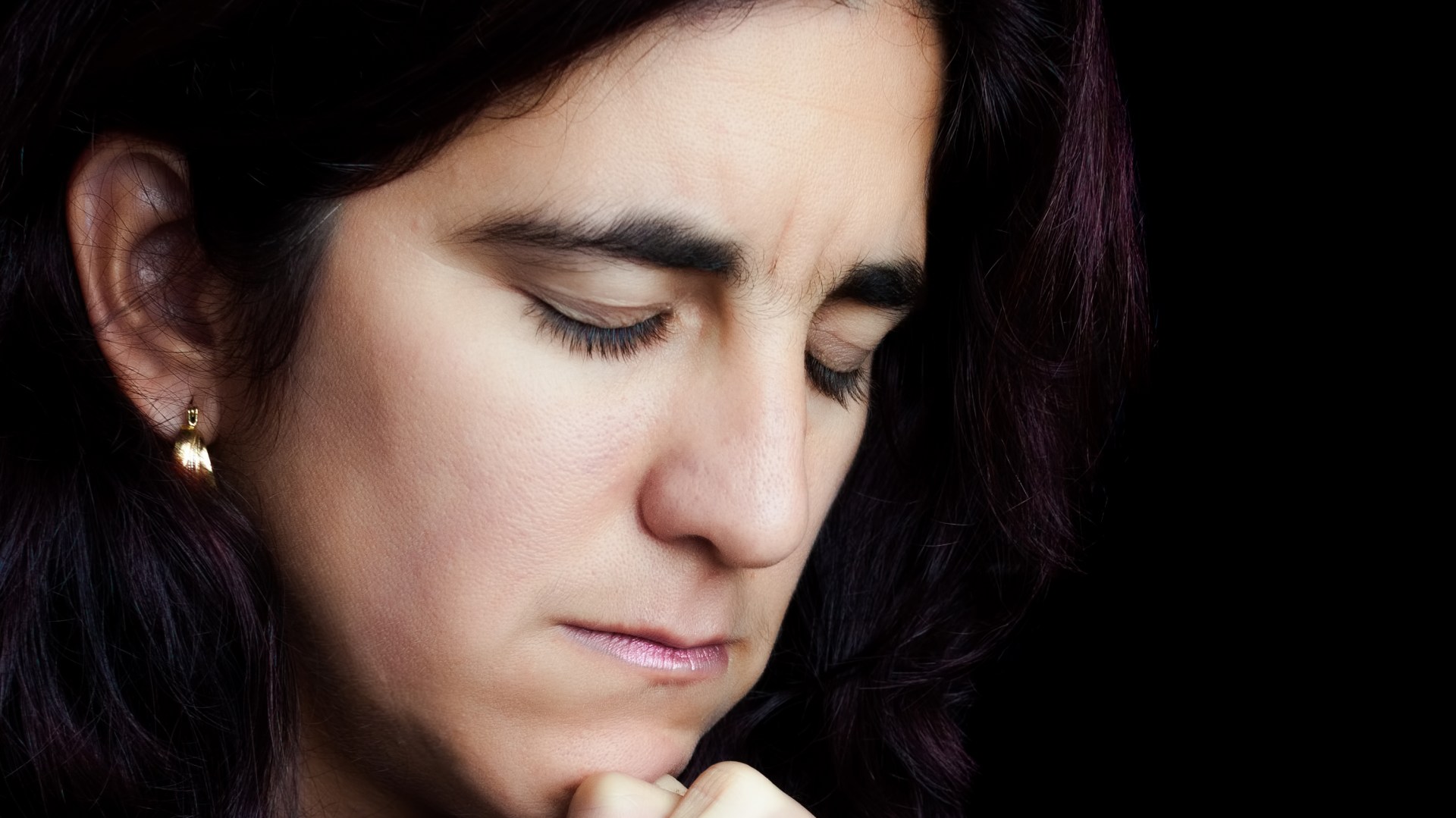My name is Raquel Contreras, I am a woman and I am Latina. I lead an international Christian ministry that reaches many countries where Spanish is spoken. Because I am a woman I perceive life from a feminine perspective, which means that sometimes I cry, that a baby’s smile touches my heart, that I enjoy having flowers near me, that my decisions will generally be guided by my emotions rather than by logic. After all, I cannot ignore who I am when I express myself and live out my life. But I am also Latina, which means I enjoy our music, our colors and especially how I relate to others through long conversations which we enthusiastically begin but not always know when to end. After all, I am a woman and I am Latina living and serving in a ministry that is in a country that is not mine. Here I have learned that I am also Hispanic and that it makes me different from other women even though I am not. Being Hispanic gives me a “last name” that identifies me with a culture, a language and even with contacts that I want to preserve for future generations.
Being Hispanic in a non-Latin American country and carrying out a leadership role in a multinational ministry presents many challenges. These challenges are many times cultural, associated to the male chauvinism common to the Latin cultures; sometimes they are gender based because there seems to be some idea that a woman, because of her femininity, cannot exercise the functions of a supervisor over men and women, and sometimes there are even internal cultural challenges, product of the way we were raised in our homes, because the Latin/Hispanic woman learns that she is the one that serves the table and heats the tortillas while the man waits sitting down to be served.
Many times, as I carry out my professional duties in this ministry where the Lord has placed me as a Hispanic woman, in a country that is not mine, I identify with the story of Esther in the Old Testament. She too was a woman who had a tremendous leadership role that she did not ask for, in a country that was not hers. The color of her skin, the customs, the language, the food and even the clothes worn in her adopted country were different from the country where she grew up and was formed as a woman.
But she was in that place “for such a time as this.” Esther 4:14
There are several lessons Hispanic women must learn from Esther while living in this country we have adopted as our own. Some of them are:
- We must recognize God has a plan for our lives, no matter where we are or how different our surroundings are to what we know as ours. God wants to use us for His glory no matter where we are or what our background is.
- We need to have the strength to respond to the challenges we face. Esther said after being challenged to defend her people: “And if I perish, I perish.” Esther 4:16. These challenges are often related to our culture or to our status as women, but whatever it is, we should be strong and courageous to respond knowing God calls us and enables us in order to carry out what He expects from us.
- Prayer and fasting brings clarity to our decisions. It’s interesting that the word God is never mentioned in the book of Esther; however, His presence is visible throughout the narration. Esther needed to make a very important decision and then take action accordingly, which prompted those who knew her to join her in these spiritual disciplines so necessary when we have a leadership role. In my own experience, I know I could not go on if I did not take the time to stop and come before the Lord when facing minor and major decisions that I must make for the good of our ministry. The truth is that these decisions will not only affect the lives of the people that interact directly with me, but also the people that I’ve never met and will probably never meet. Therefore, the only peace I have is knowing I can pray and depend on the Lord.
- God uses everyone to accomplish His purposes. It does not matter where we are, the color of our skin and least of all our gender. This encourages me, for it shows me an Almighty God who can take someone like me in order to situate us in the places He thinks we can serve Him better and do it for His glory.
Esther was a girl that was taken out of her country, away from her family, to a foreign one where the color of her skin, her language, and foods were so much different, in order to be used by God “in such a time as this.” How similar to our own story as Hispanic women!
I believe we are also called to preserve our cultural diversity, to face the major and minor challenges with strength, to trust in our abilities and help the generations that come behind us to become acquainted with our story and, above all, to also depend on God.
Raquel Contreras is from Chile, is a lawyer and three years ago, became the General Director of the Baptist Spanish Publishing House (Editorial Mundo Hispano/Casa Bautista de Publicaciones).









